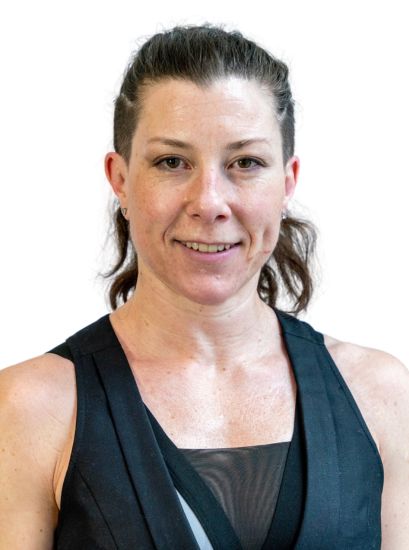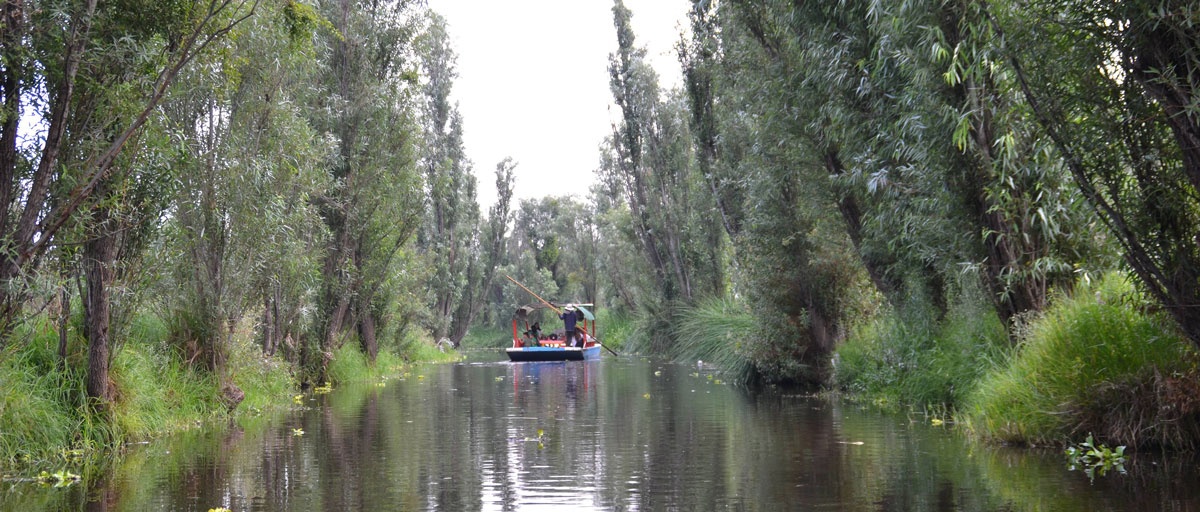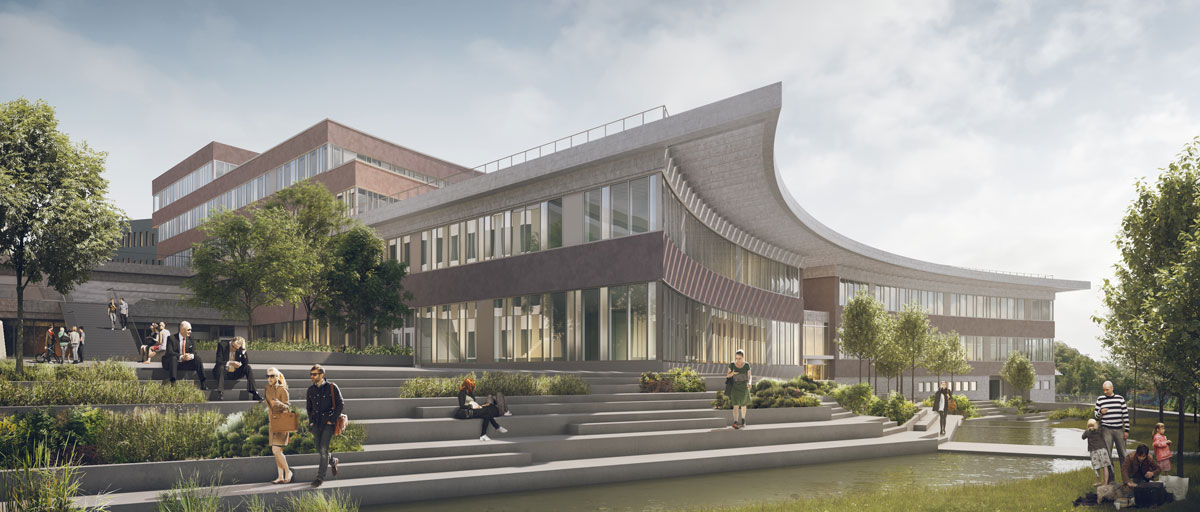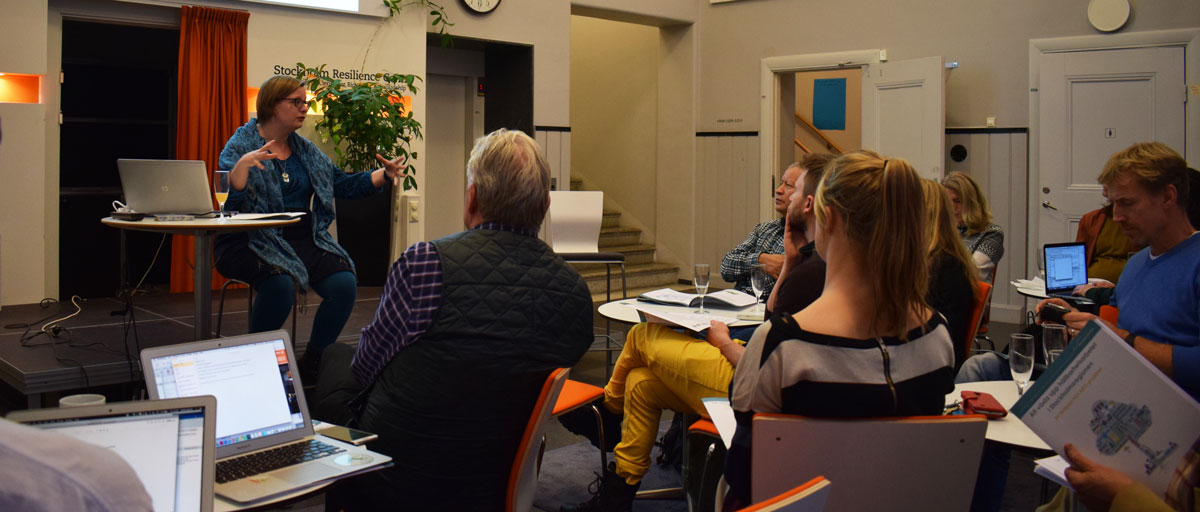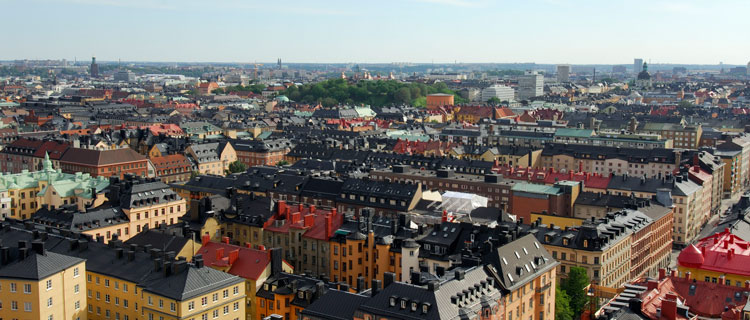- Urbanization
- Resilience assessment
- Latin America
- Health
- Green infrastructure
- Ecosystem services
- Governance
Maria Schewenius focuses on identifying ways to use extended reality technologies and artificial intelligence as part of planning and design for urban sustainability
Emerging digital technologies offer new possibilities for collecting, analysing, and visualizing environmental data (environmental intelligence).
The development is taking place while cities are both experiencing local effects of the increasing changes to the global Earth Systems, and are the drivers behind many of the changes. As such, cities also have the power to become hubs for tipping points towards desirable social-ecological transformations. However, urban planning is in need of new tools to facilitate the inclusion of more groups and perspectives in the planning process, for supporting transformations of urban landscapes for sustainability. Urban tinkering is an approach to promote complex adaptive systems thinking and green-, blue- and grey innovations in urban planning and design.
This project will focus on Augmented and Virtual Reality (AR and VR, respectively) which together are known as Extended Reality technologies (XR), and Artificial Intelligence (AI). It will contribute to research in the nexus of novel technologies, urban planning, and application of CAS approaches.
The project will seek to answer the overarching question:
How can XR technologies and AI be used as an integrated part of an ‘urban tinkering’ approach to plan and design for urban resilience?
Using adaptive capacity as the principal theoretic and analytical framing, the project will centre on case study areas in four cities: Stockholm, Gävle, Mexico City, and Brasilia. One part of the project will focus on the user aspect, which will explore how representatives from different stakeholder groups involved in urban planning respond to the use of different XR technologies as compared with traditional planning tools. The second part of the project will investigate the readiness of the technologies to deal with urban areas as social-ecological systems, their functions and complexities, and ultimately, urban resilience.
The project is carried out in collaboration with the University of Gävle and the University of Exeter.
Schewenius holds a BSc in Environmental Science, specializing in Human Ecology from Gothenburg University, and MSc in Ecosystems, Governance, and Globalization from Stockholm Resilience Centre, Stockholm University. Since 2011, she has worked as project coordinator and a project manager. Schewenius is also a member of the jury of The Swedish Federation of Young Scientists.
Awards and achievements:
- In 2016, was nominated by Stockholm University to visit the Universidad Nacional Autónoma de México (UNAM), at the Laboratorio Nacional de Ciencias de la Sostenibilidad (LANCIS) (2017 01 – 2017 03)
- Awarded Formas information project grant for turning the Planetary Boundaries concept into a VR concept: Planetary boundaries – the VR experience (2016)
- MoU between SRC and the Universidade Federal do Ceará, Fortaleza, Brazil, for collaborations on urban resilience research and practice between 2015-18 (2015)
- Awarded Formas information project grant for producing the short video An Urbanizing Planet, illustrating the CBO project’s scientific foundation (2013)
- Science Officer for bioSUSTAINABILITY, one of former DIVERSITAS (now part of Future Earth) core projects
- MSc thesis fieldwork in Bangalore, India, for studies of how people’s norms and values can protect urban greens, focusing on sacred trees
- Awarded SIDA’s Minor Field Study grant for conducting the BSc thesis fieldwork in Cambodia on power structures and natural resource management
